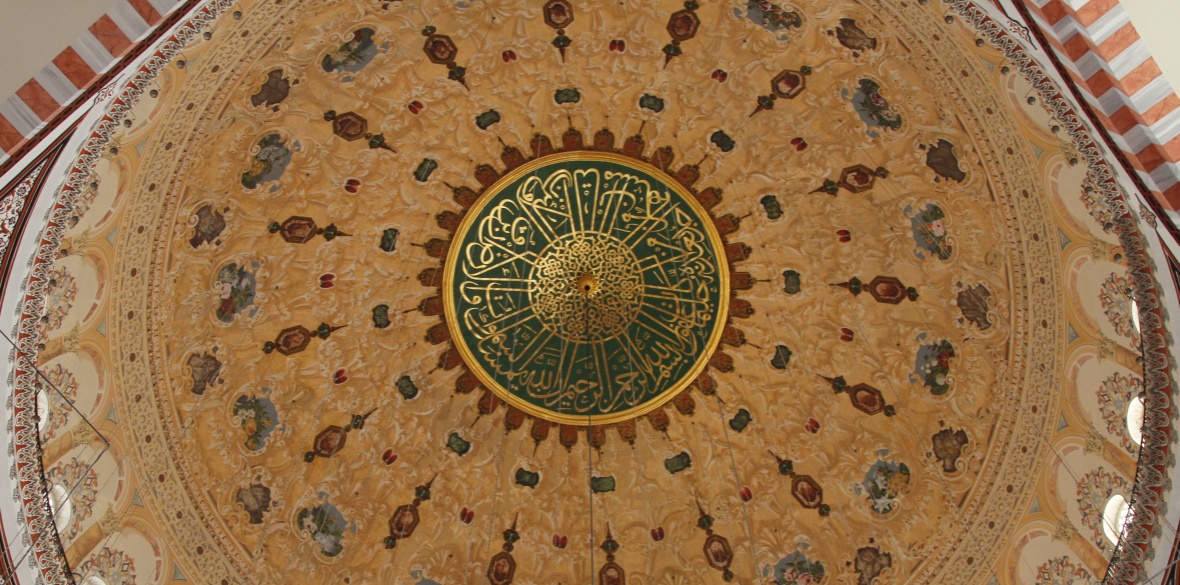This is the last article you can read this month
You can read more article this month
You can read more articles this month
Sorry your limit is up for this month
Reset on:
Please help support the Morning Star by subscribing here
Tell Them of Battles, Kings and Elephants
by Mathias Enard
(Fitzcarraldo Editions, £10.99)
IN 1506 Michelangelo, then one of the most promising artists of his epoch, was invited by the Sultan of Constantinople to design a bridge over the Golden Horn. The historical record tells us that this invitation was rejected, but Mathias Enard's novel, exquisitely translated by Charlotte Mandell, imagines what would have happened if he had instead accepted.

Enard trades in the formalism of his previous fictions Zone and Compass for a more conventional historical novel, created from third-person narrative and the actual letters of Michelangelo. Instead of characteristic interior monologues and essayistic digressions, the reader is treated to a prose of elegant economy.
Like the novels of the Wu Ming collective, Enard reimagines a historical moment as a utopian rejoinder to the present — in this case, the fraught relationship between the Europe and the Middle East. Instead of the continually “othered” Middle East, he elucidates how its border with Europe, at least culturally, has always been porous.
Upon arriving in Constantinople, Michelangelo is initially repelled by what he finds there but soon grows to admire its Islamic art and architecture and, at one point, it is suggested that this is evident in his masterpiece the Sistine Chapel.
Of course, this is a fiction, but nevertheless it is a testament to the cross-pollination inherent to artistic traditions as well as serving to counter lazy narratives of the primacy of Western culture.
While Enard's work is charged by the belief in the power of art to overcome divides, it always acutely observes the nuances of the relations between art and power. Throughout we get an insight into Michelangelo's torturous relationship with Pope Julius II as well as his bewilderment at the Kafkaesque machinations required to meet the Sultan.
This novel acts as a keystone to Enard's project, the construction of a fictional bridge between Europe and the Middle East. As one mysterious admirer of Michelangelo remarks of his design, “They'll see something quite different from what it actually was, our successors will hang stories on it, their worlds, their desires.”
Enard indeed hangs a taut, wondrous tale upon it, a redemptive salve in an era of rising Islamophobia.











